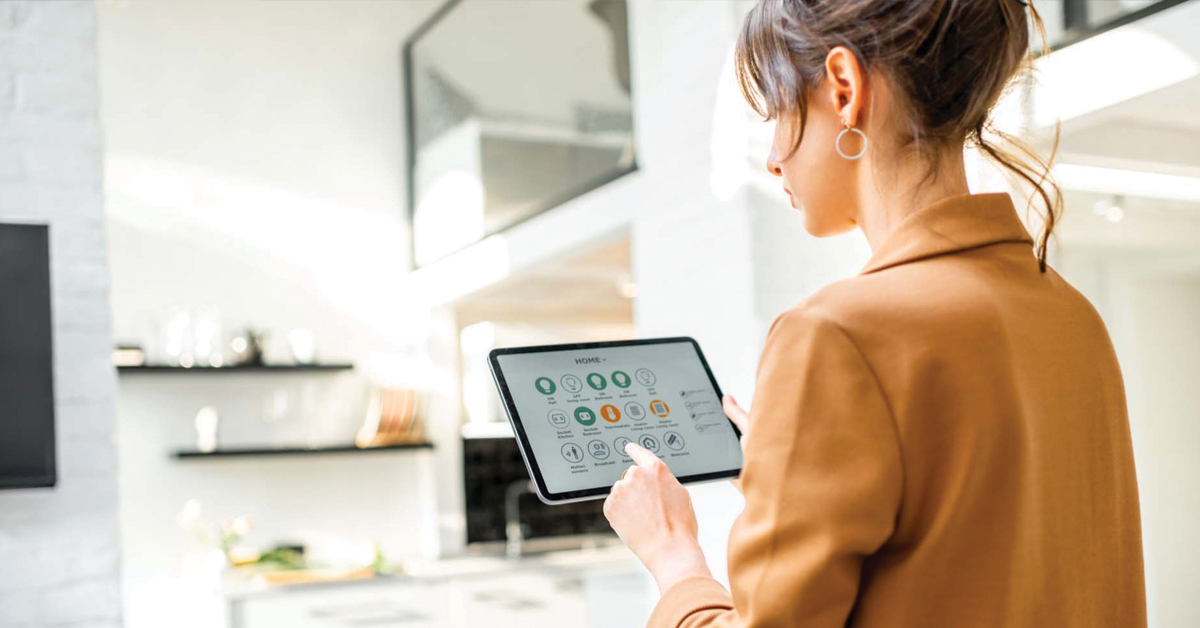In today’s fast-paced world, with sustainability becoming a priority, technology plays a vital role in energy conservation. Smart sensors are among the many innovations that drive this change and revolutionize energy efficiency in homes and businesses. These powerful devices detect and measure environmental factors such as temperature, humidity, light, occupancy, and air quality. They communicate this data wirelessly to other devices or systems, enabling real-time monitoring and control. This capability opens up a world of possibilities to optimize energy usage and reduce waste.
Smart sensors are particularly useful in saving energy through intelligent lighting systems. By detecting occupancy and ambient light levels, smart sensors can automatically adjust lighting levels to match the needs of the space. For example, lights can be dimmed or turned off in unoccupied rooms or adjusted based on natural light levels to minimize unnecessary energy consumption. Studies have shown that implementing smart lighting systems can result in significant energy savings of up to 30% or more.
Similarly, smart sensors can revolutionize heating, ventilation, and air conditioning (HVAC) systems by providing precise feedback on occupancy and temperature conditions. These systems can maintain optimal comfort levels while minimizing energy usage by dynamically adjusting HVAC settings based on real-time data. For instance, heating or cooling can be reduced in unoccupied areas or adjusted based on occupancy patterns throughout the day, leading to substantial energy savings without sacrificing comfort.
Smart sensors can also enable more holistic energy management solutions for homes and businesses. By integrating data from multiple sensors across different systems, building automation systems can optimize energy usage on a larger scale. For example, energy demand can be coordinated between lighting, HVAC, and other appliances to minimize peak loads and reduce overall energy consumption.
Furthermore, smart sensors can empower users with valuable insights into their energy usage patterns, allowing them to identify opportunities for further efficiency improvements. By providing real-time feedback and actionable recommendations, smart sensor-enabled energy monitoring systems can help homeowners and businesses make informed decisions about their energy usage and identify areas where energy-saving measures can be implemented.
In conclusion, smart sensors have the potential to revolutionize energy efficiency in homes and businesses. By providing real-time data and enabling intelligent control of lighting, HVAC, and other systems, these devices can help minimize energy waste, reduce costs, and contribute to a more sustainable future. As we continue to embrace the possibilities of smart technology, the role of smart sensors in energy conservation will only continue to grow.
I would love to hear from you on your thoughts on this blog please write to me at https://www.linkedin.com/in/vijayverghis/
